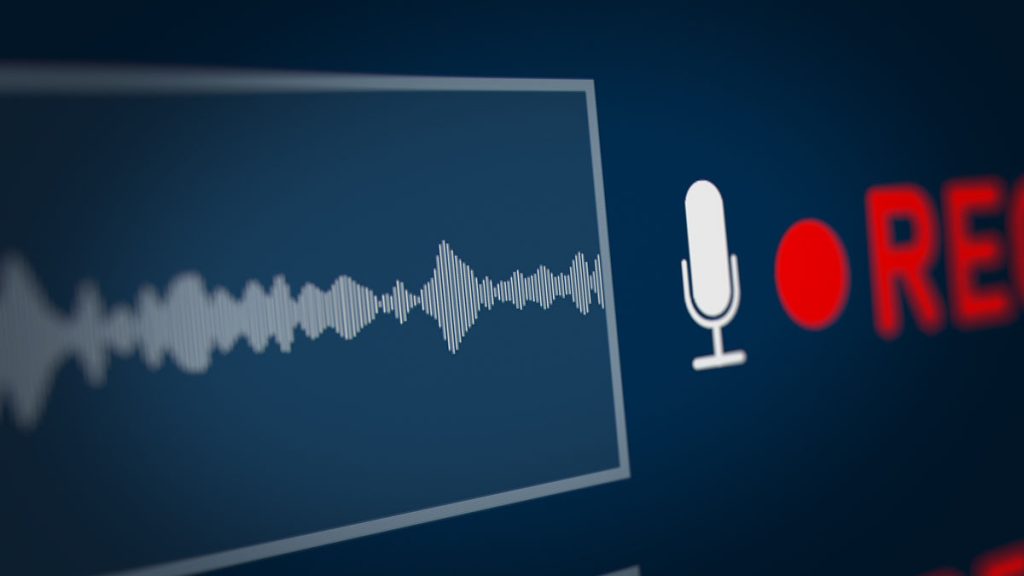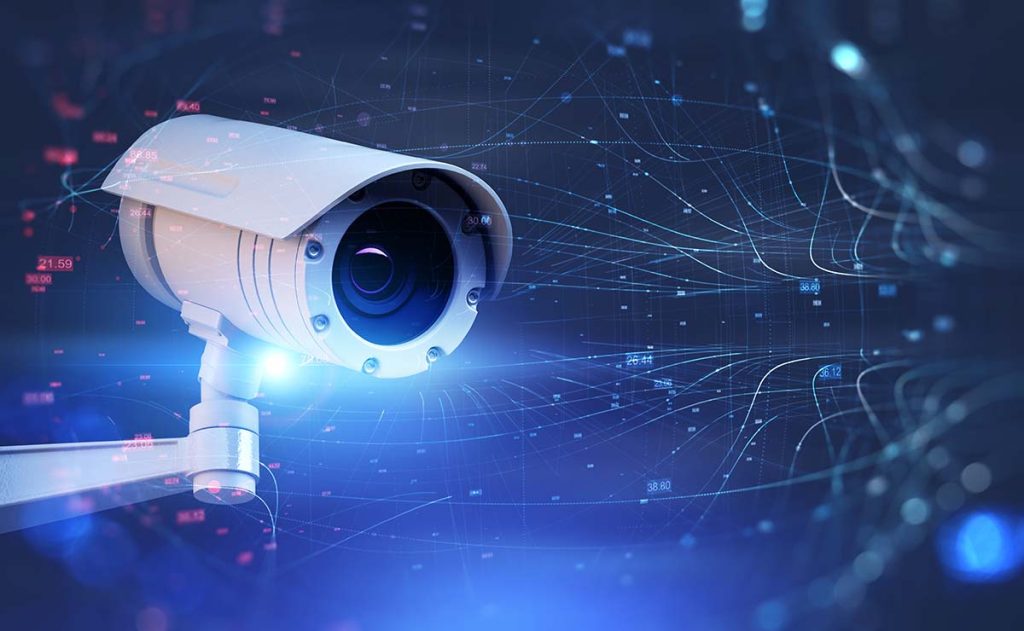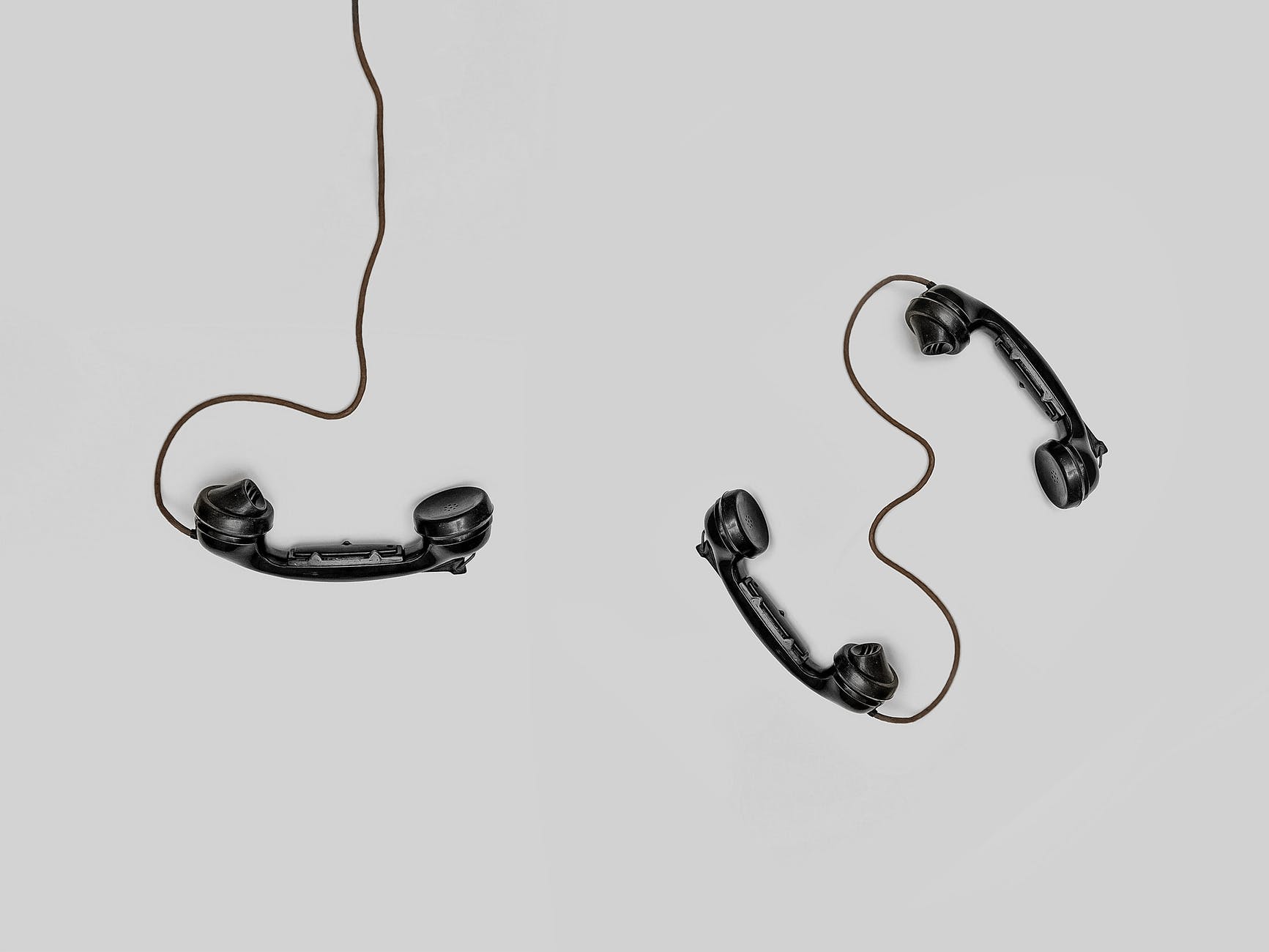

California also has a wiretapping law (Cal. Penal Code § 632.) which can result in criminal prosecution for the unauthorized recording of a phone line (or other media).
Due to California’s heavy involvement with the entertainment industry, the state also has some unique laws pertaining to celebrities and paparazzi. These laws forbid trespassing for the purpose of taking photos or making audio recordings of people participating in “personal or familial activity”. Cal. Civil Code § 1708.8.

The state’s vehicle code prohibits anyone from following other drivers at close distances or behaving recklessly while driving with the intent to take photos, video, or record audio of another person for profit. Cal. Veh. Code § 40008.
Some common situations where it would be considered eavesdropping to use a recording device:
California Penal Code § 632 dictates that all 4 of these circumstances must be met in order to charge someone under California Law:
California Penal Code 631 relates to wiretapping and makes it illegal to use any method (physical or digital) to make unauthorized access to someones conversation. This most often relates to phone lines and telephone calls but can also relate to any other digital method of communication such as VOIP.

California state law is intended to punish the recording of conversations where all contributing parties have not given consent but does not forbid such recordings in instances where the communication happened in a public place, during government proceedings, or in a situation where one could be easily overheard by others.
You may not record conversations without the consent of everyone taking part.
California Penal Code 632 does not apply in a few specific areas. Law enforcement personnel are allowed to legally record conversations that they are not a party to. Police officers may then legally use this evidence for criminal prosecutions.
Private citizens are also allowed to utilize these exceptions in a much more limited capacity. In order to use this exception 2 circumstances must be met:

If you are a third-party and require consent from the parties taking part in the conversation, the Federal Communications Commission (FCC) states that you may gain consent to make a recording by:
In California, it is illegal for anyone to invade a person’s privacy while the person concerned is inside a bedroom, bathroom, changing room, fitting room, dressing room, or tanning booth or in any place where he or she has a reasonable expectation of privacy by looking through a hole or opening or viewing using a concealed or unconcealed instrument (e.g., camera, camcorder, unmanned aircraft system, etc.). For example, if you are sharing an apartment with another person, it is illegal to install a camera for the purpose of recording your roommate while he or she is in the bathroom or bedroom. Cal. Penal Code § 647(j)(1),(3)
Additionally, it is illegal for a person to use any electronic means (e.g., camcorder, camera, etc.) to record or photograph under or through the clothing being worn by an identifiable person without the consent or knowledge of the person concerned. Cal. Penal Code § 647(j)(2)
Some common situations where you would legally be able to video record:

California does not have any specific laws preventing video recordings around a private persons property. You are not allowed to record video or secretly record areas where there is a reasonable expectation of privacy.
Because California does not have specific surveillance laws, the law defaults to the United State’s Federal Video Voyeurism Law. This means that you cannot intentionally capture images or video of a private area of an individual without their consent.
Cal. Penal Code §§ 631, 632
In California. the first arrest for eavesdropping or wiretapping is subject to a fine of up to $2,500, or a jail sentence lasting no longer than a year. Further offenses are subject to a fine of $10,000 at most or imprisonment for up to a year.
Cal. Penal Code § 637
Sharing the details of intercepted phone communications can be subject to fines of up to $5,000 and one year in jail.
Cal. Penal Code § 19
Failure to comply with the state’s hidden camera statute is a misdemeanor punishable by as much as a year in jail and fines of up to $1,000.
Cal. Veh. Code § 40008(a): California’s vehicle code punishes penalties with up to a year in jail and fines reaching a maximum of $2,500 for recording images for commercial purposes.
Cal. Penal Code § 647(k)(1) Violating California’s video recording laws may lead to punishment by imprisonment not exceeding 1 year in the county jail or by a fine of not more than $2000, or by both fine and imprisonment.
If someone is using a copyrighted work or recording of yours you may submit a DMCA takedown notice.
No, according to Penal Code 632 California is considered an all-party consent state. You must obtain consent from everyone in order to record a private conversation. There is an exception which allows you to consider California a one-party consent state if you are making a recording of someone in the commission of a crime.
Can I Record a Police Officer in California?Yes! You can record police officers in the line of duty in all states as long as you are not trespassing or breaking any laws yourself. Additionally, in 2015 California Governor Jerry Brown signed the Right to Record Act which specifically allows and clarifies the ability for civilians to record law enforcement.
Can I Secretly Record a Conversation From a One Party Consent State?Kearney v. Salomon Smith Barney, Inc is a suit that was brought to the California Supreme Court in 2006. The result of this is that California’s interest in protecting the privacy of its citizens outweighed that of the one-party consent state. This does not necessarily make it illegal to record conversations from a one-party consent state, however it is best practice to gain the consent of all parties prior to making a recording.
 three black handset toys" width="1733" height="1300" />
three black handset toys" width="1733" height="1300" />
In order to decide whether a conversation is able to be legally recorded without the consent of all parties, we must look at whether there is a reasonable expectation of privacy. This means that if at least one party involved in the conversation had an expectation of privacy it is unlawful to record that conversation. California Penal Code 632 also specifically allows for the recording of any legislative, judicial, executive, or administrative proceedings that are open to the public. Please note that this does not necessarily include court proceedings.
Can I Record a Telephone Conversation in California?You may only record a telephone call if you gain the consent of all parties. This can be done by playing a recording stating that the call will be recorded prior to the conversation beginning or by gaining verbal or written consent from the other parties.
Is California a Two-Party Consent State?Yes, in order to make a recording of a private conversation in California you must gain the consent of all parties involved.
More California Laws